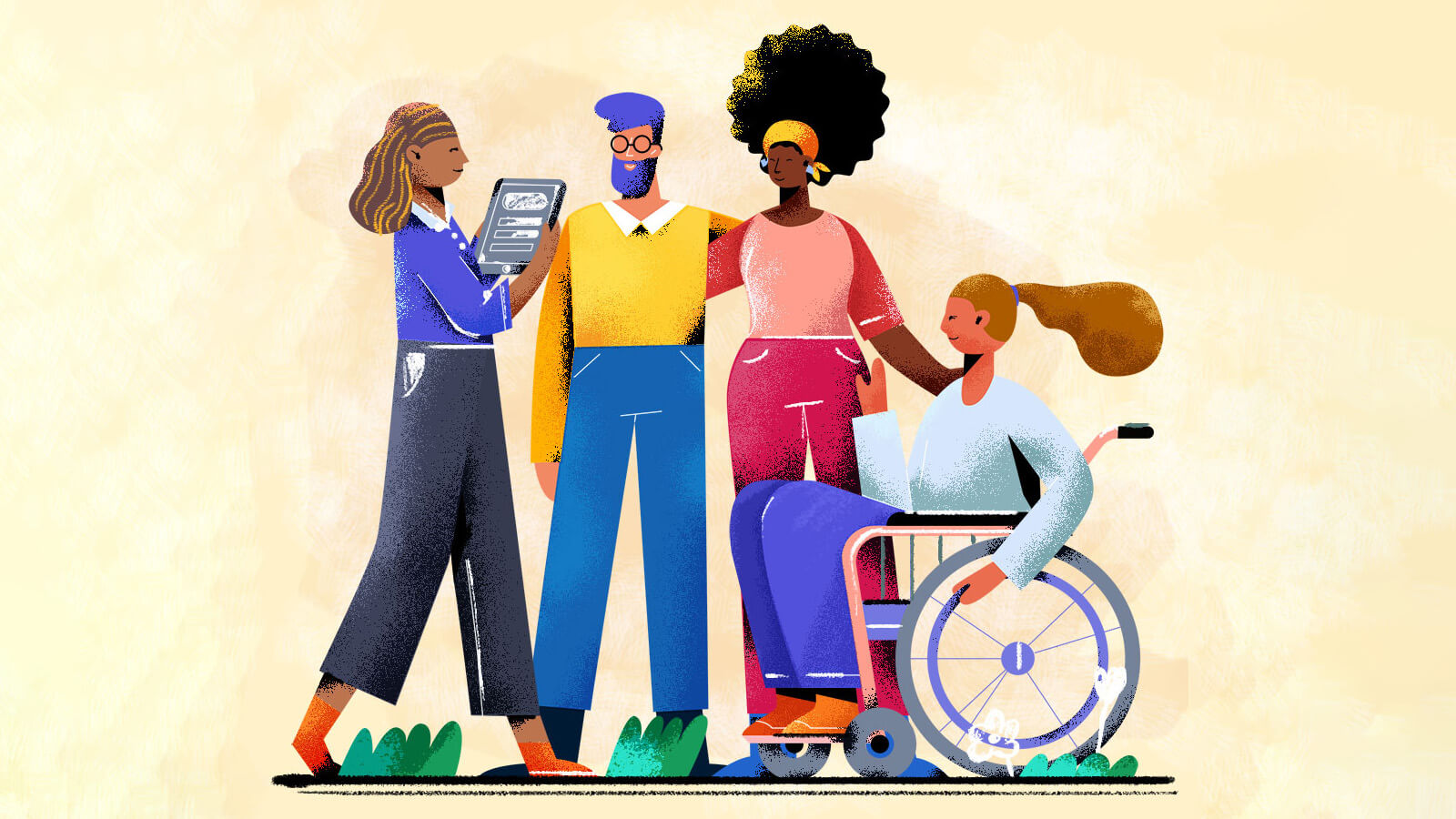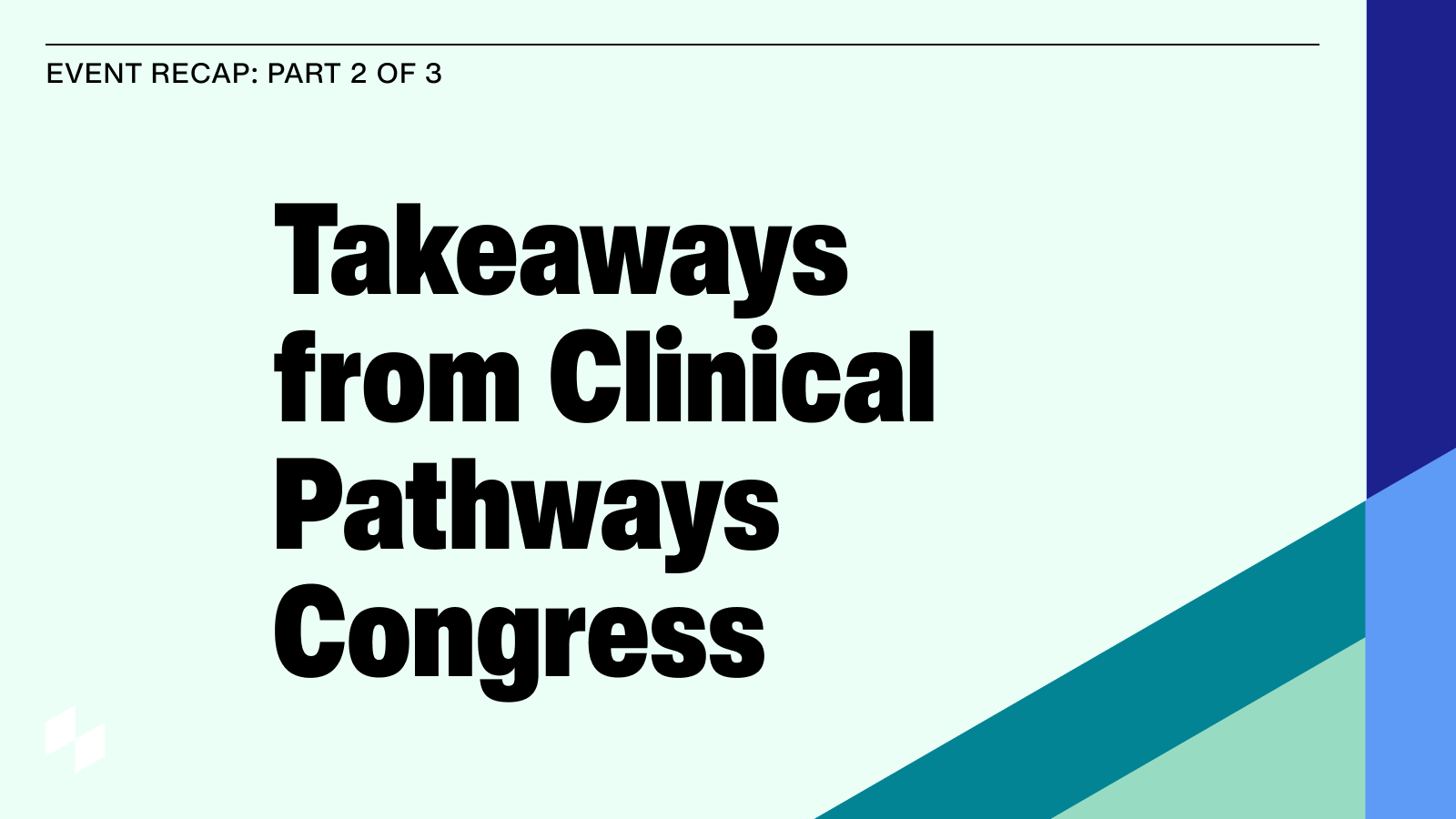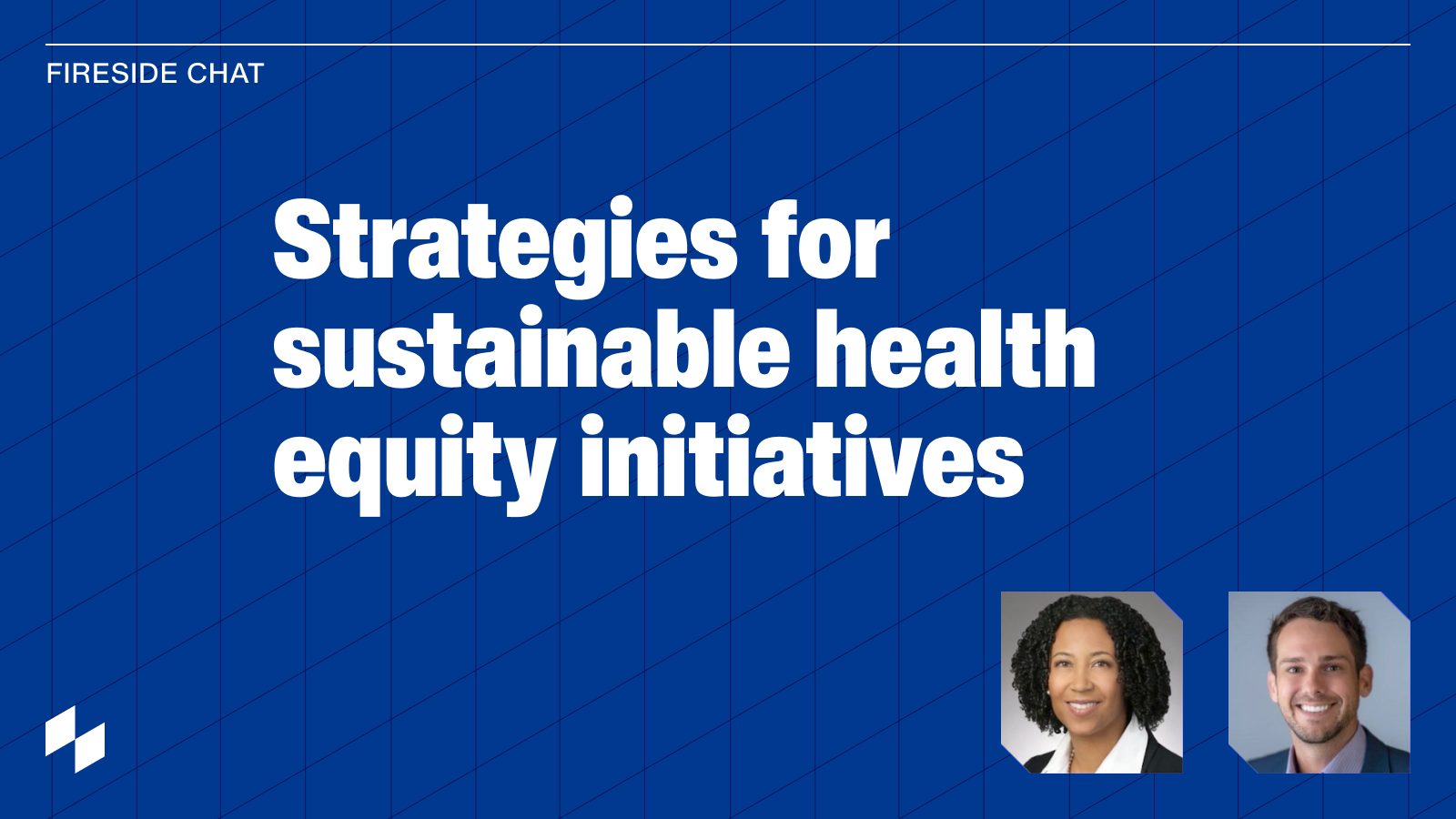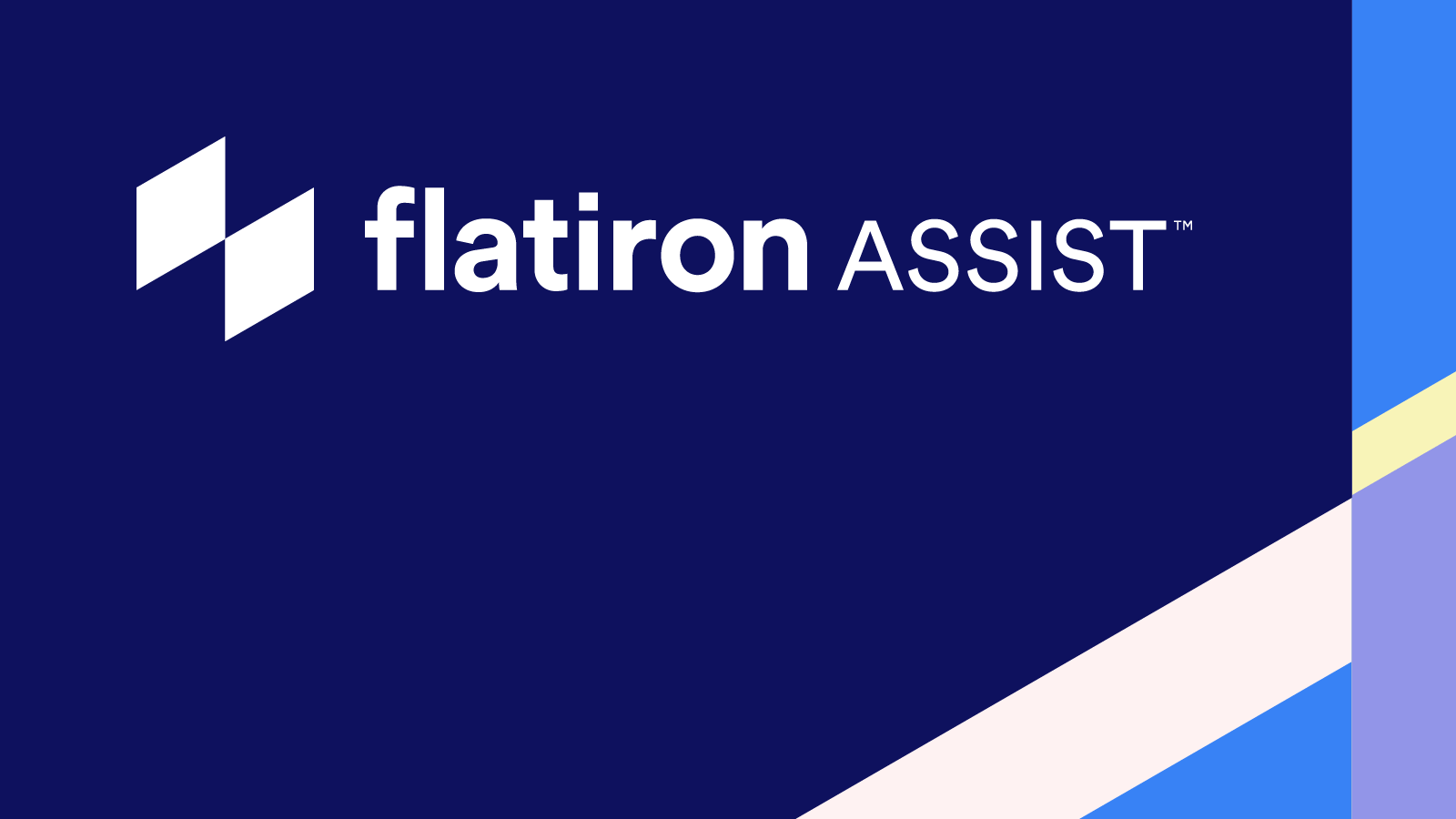The past few years have seen a remarkable rise in attention for health equity and health related social needs - and oncology has been at the forefront of this increased advocacy for more accessible, high-quality care.
In many ways, this rising focus on health equity is shining a light on what’s been common practice in this community for years. Community oncologists serve patients with some of the most extensive socioeconomic needs, going above and beyond to provide patient-centered care. What is new, however, is the clear call to action - the sense of urgency - that is now palpable wherever healthcare leaders gather.
At the 2023 Community Oncology Alliance (COA) Conference, health equity permeated the program as more than 1,800 oncology professionals in attendance demonstrated their strong support for eliminating inequities in cancer care.
A resounding call to action for the community that “gets it done”
Community oncologists are deeply committed to providing timely, empathetic, evidence-based care to all people, no matter what their background, circumstances, or support system.
“We don’t just let our patients ‘ride it out,’” stated Susan Sabo-Wagner, Executive Director of Clinical Strategy at Oncology Consultants. “Even if a practice doesn’t have a designated roadmap for it, community oncology practices will get it done.” It was that sentiment of action - of getting things done - that resonated across the COA stage this year.
It makes sense when you think about the function of community oncology as a safety net, allowing people to receive excellent care without the burdens of frequent travel to an academic medical center or large health system. In data from Flatiron Health's network, we see a higher percentage of non-white patients, older patients, and patients with adverse social determinants of health in community sites when compared with academic sites, highlighting the critical role of community oncologists in providing accessible care.
“Community oncology is the access point to ensure equity of care for large groups of patients,” noted Lucio Gordan, MD, President & Managing Physician at Florida Cancer Specialists & Research Institute. “We are actually getting it done.”
But it isn’t always easy, especially when community cancer centers are under-resourced or don’t have access to the data they need to make proactive, informed decisions with their patients and caregivers.
During some of the health equity sessions at COA, speakers including Susan Sabo-Wagner, Kashyap Patel, MD, CEO at Carolina Blood & Cancer Care Associates, and Richard Martin, MD, Medical Director of Health Equity and Community Engagement at Tennessee Oncology noted the importance of moving data collection and action on health related social needs “upstream” in the patient’s journey, to proactively identify and address needs before they become a larger issue.
They also recognized the limitations in the health equity initiatives being rolled out through value based care initiatives like the Enhancing Oncology Model (EOM), and the need to prioritize this work independent of what is being asked by insurers to do what is practical and makes sense for practices.
When the system lets patients down, they suffer.
As a pediatric oncologist, this sense of urgency resonates with me, both in my practice, and my work at Flatiron Health. I have seen first hand the financial, emotional and physical stress a cancer diagnosis puts not only on the patient, but on their entire family. Preexisting stressors become much more impactful. Basic needs like food, housing and transportation can become “luxuries'' as families face rising costs from hospital stays and medications. When basic needs are not met, overall health deteriorates, and this is exponentially true for those undergoing intense chemotherapy regimens.
When the system lets patients down, patients suffer. Too often, these shortfalls occur along recognized fault lines in our socioeconomic continuum.
For example, where I work in Los Angeles, access to a car (and $20 a day for parking) is a privilege. I have countless patients who have to take multiple buses to make their way across town to receive routine care. When providers are unaware of these challenges, these patients can be labeled as “difficult” and “noncompliant,” when in reality, they are facing immense hurdles just to physically get to their appointments.
Addressing health equity in oncology means ensuring that individuals have the opportunity to achieve the same outcomes regardless of their race, ethnicity, sexual orientation, gender identity, economic hardship, and other social constraints. We have yet to achieve this end, but our community is dedicated to getting there.
Technology’s shared responsibility in driving equitable care
So where does technology fit in with all of this? This is a question that we have been asking ourselves recently, recognizing that as technology becomes increasingly crucial to key clinical workflows, technology partners have shared responsibility in ensuring equitable care for patients.
Over the past year at Flatiron, we have worked to understand what practices are already doing in this space, what their goals and objectives are, and how we can best support them in these initiatives.
After interviewing dozens of clinicians and leaders across our customer sites, the takeaways really center around one word: actionability.
Community oncologists have a lot on their plates, and they crave efficiency when it comes to documenting, processing and taking action on health related social needs and other factors that may be impacting equitable care.
At Flatiron, we are starting to address these issues by reexamining the foundations of how we use technology to support equitable cancer care. We are starting by making technical investments to improve the capture and display of accurate race, ethnicity, sexual orientation, gender identity and language data in OncoEMR®. Without accurate representation of this crucial data, how can we expect team members to ensure equity across all groups?
We are also addressing health equity through our investment in Flatiron Assist™. This oncology-specific clinical decision support tool surfaces treatment options based on clinical factors, NCCN guidelines, and local preferences, helping reduce variation in patient care and working to ensure equitable access to validated treatments.
The responsibility for driving health equity is shared across the oncology care ecosystem from technology vendors, community resources, clinicians, care teams, patient advocates, and more.
Software has a crucial role to play in this system. It is the collective responsibility of technology vendors to ensure accurate data is collected and presented to the appropriate team members to enable them to provide the best and most equitable care possible.
At Flatiron Health, we’re here to get it done, too. We’re honored to work beside community oncologists every day to achieve our shared mission of delivering truly equitable, accessible, and effective care and we will continue to drive innovation forward to enhance the delivery of care to all people with cancer.




